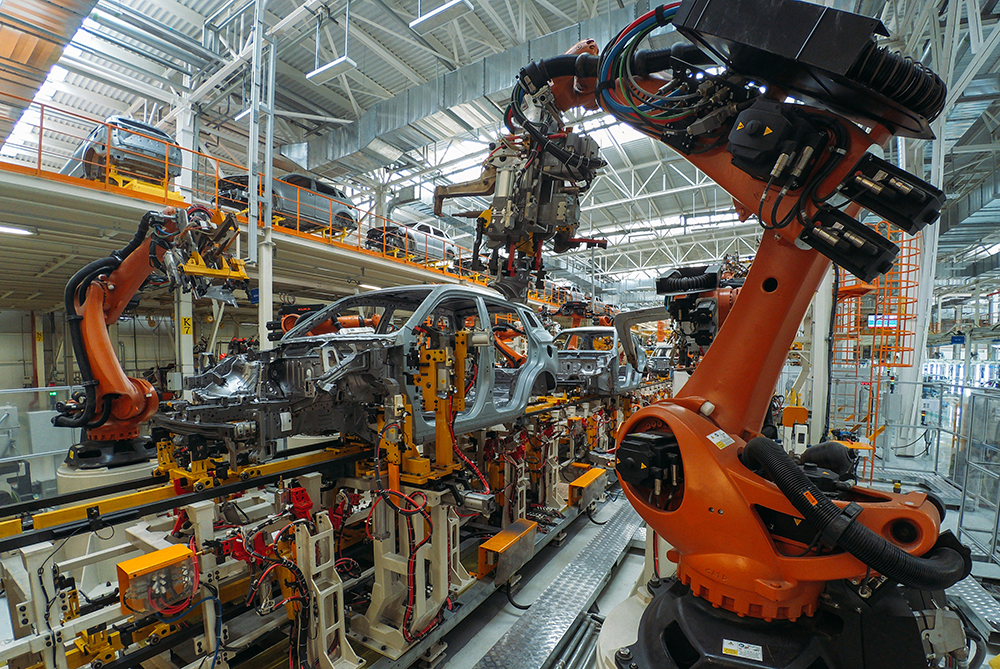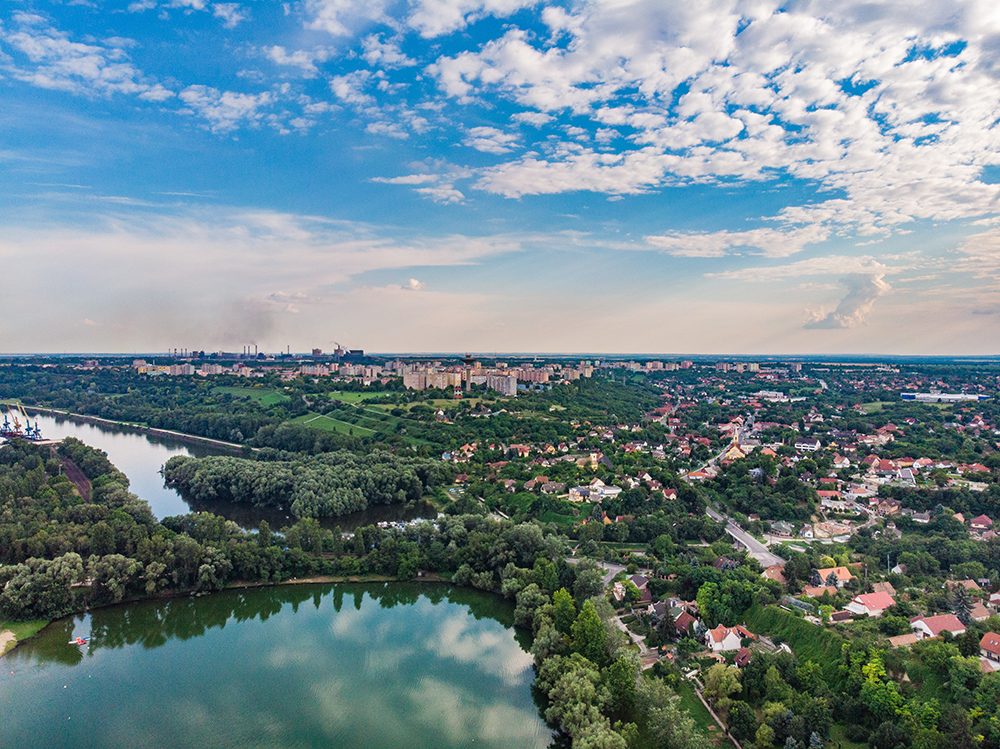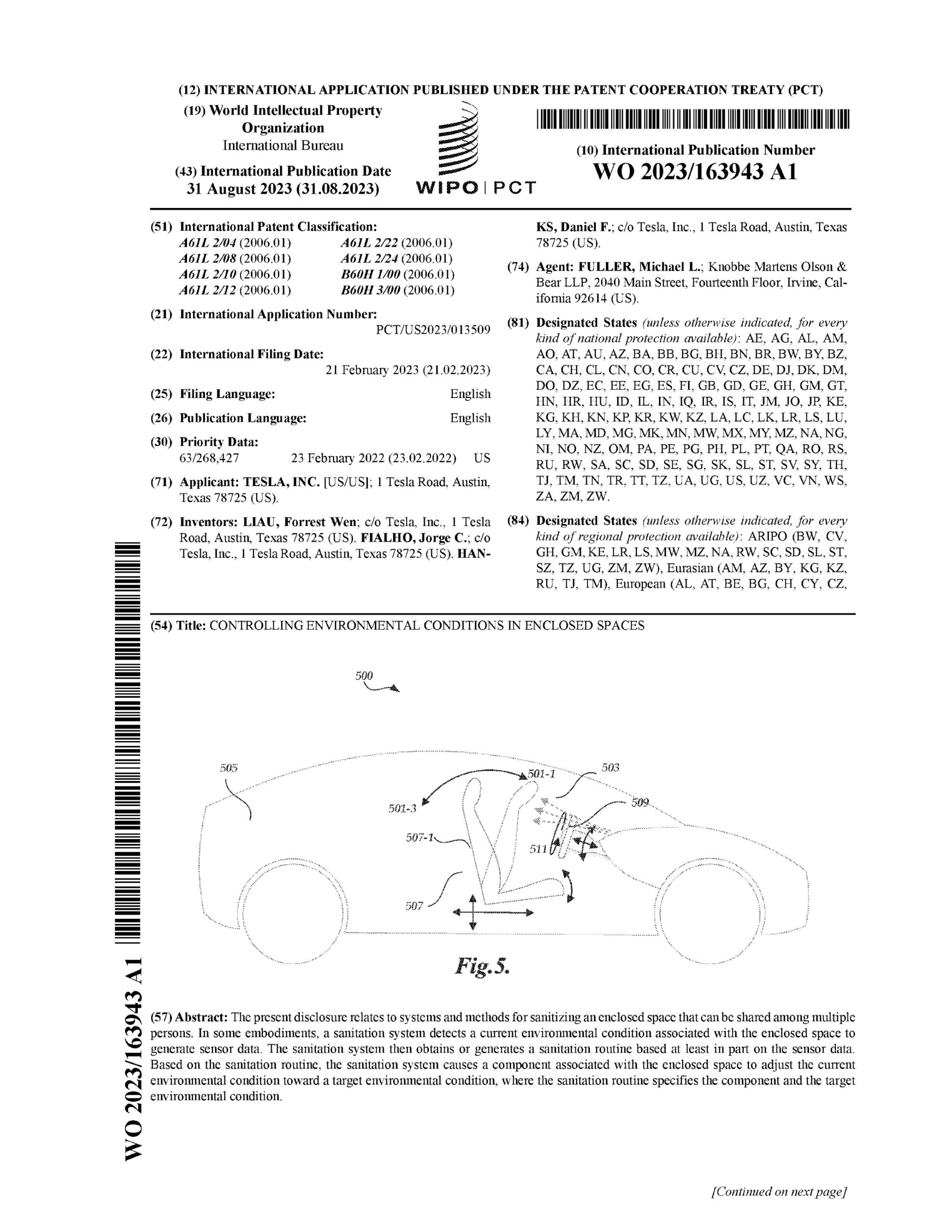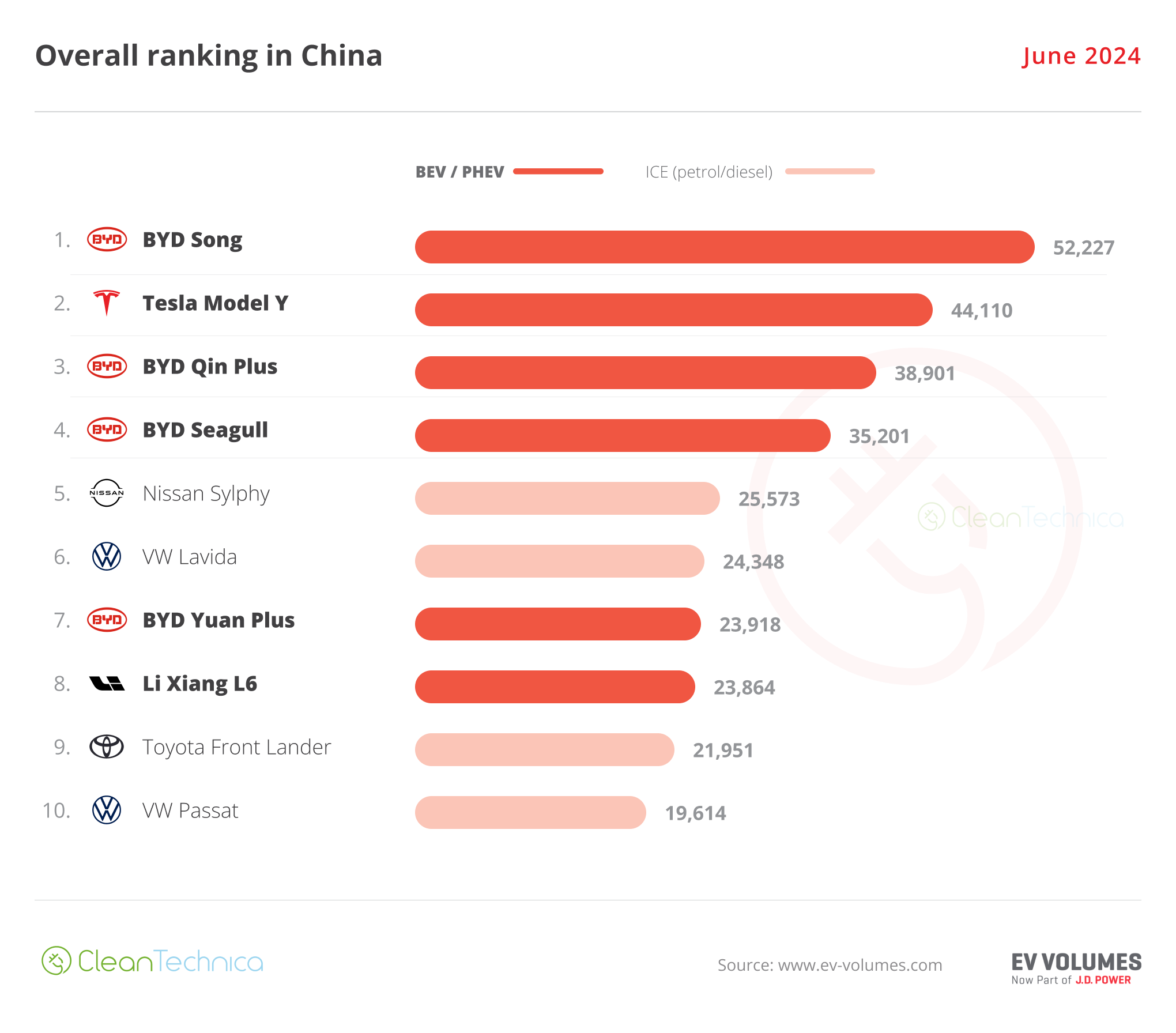According to Liberty’s Steel’s parent company, GFG Alliance, the steel industry leader’s flats producer at Dunaújváros plans to target the automotive and defense sectors. This shift will occur upon the commissioning of two electric arc furnaces, which will replace the two blast furnaces currently occupying the Hungarian site.
A source at the company told MetalMiner that Dunaújváros had some past exposure to the automotive sector with its finished products, but has mainly targeted the construction and infrastructure sectors. They also added that representatives from auto manufacturers have already visited the plant.
MetalMiner’s MMI report includes 10 metal price reports (including steel) and can be used as an economic indicator for contracting, price forecasting and predictive analytics. Sign up here.
GFG Secures Funding for New Steel Manufacturing Initiatives
The comments follow GFG Alliance’s August 5 announcement that Chinese group CISDI Engineering has received the equivalent of €1.3 billion ($1.43 billion) in preliminary backing from compatriot company Export and Credit Insurance Corporation (Sinosure) to finance the project. That backing will allow CISDI to receive financing as well as export and install the new equipment at Liberty Dunaújváros.
“The agreement, in principle, will facilitate further grant support and guarantees to finalize the capital structure behind this landmark investment,” GFG noted. They went on to state that upgrades to existing hot rolling and galvanizing production lines and the establishment of new lines to cater to defense and automotive applications are also part of the plans for Dunaújváros.

However, MetalMiner’s source declined to say if there were any discussions of financial aid on the project with either the Hungarian government or the European Union. They added that there is also no timeline for building and commissioning the new hot end and revamped rolling mills.
Liberty originally announced the signing of an agreement with CISDI to conduct a feasibility study on the furnaces back in in mid-May.
Hungary’s Steel Industry Looks to Become More Auto-Centric
In 2023, Hungary’s motor vehicle production totaled 507,225 units. According to information from macroeconomic data company CEIC, this reflected a 14% increase from 441,729 units in 2022. While the latest figure indicates a 3.66% drop from the 2016 peak of 526,500 units, CEIC data showed that it is over 6.35 times higher than the record low of 79,792 units reported in 1997.

Besides local manufacturers like RÁBA Automotive Group, global brands Audi, Suzuki, and Mercedes-Benz have manufacturing facilities in Hungary. In fact, an April 9 report by news portal Hungary Today stated that starting in 2025, Mercedes-Benz aims to double its Hungarian production capacity once it completes construction of a new plant at Kecskemét, which lies about 80 kilometers east of Dunaújváros by road. The report noted that the German multinational originally began operations at Kecskemét in 2012, and produced a total of 150,000 vehicles in 2022.
Gain the knowledge you need to save money and stay ahead of steel market shifts with MetalMiner’s Weekly Newsletter.
Big Changes Coming to Dunaújváros
In September 2023, the Resource Policy and Planning Board for NATO, the latter of which Hungary joined in 1999, recommended a total military budget ceiling of €4.4 million ($4.8 billion) by 2030 — more than twice the €2.13 billion ($2.33 billion) recommended for 2024. The company stated that the planned 80-metric tonne EAFs will cut carbon emissions by 80%. The furnaces will use ferrous scrap and DRI to pour up to 3 million metric tonnes of crude steel per year for casting into high-quality slab for further rolling, which is double Dunaújváros’ current capacity.

Dunaújváros is about 85 kilometers south of the Hungarian capital Budapest. The site has two blast furnaces that can produce about 1.4 million metric tons per year of pig iron, though they remain blown down. Meanwhile, two 135-ton basic oxygen furnaces at the site can produce about 1.6 million metric tons of crude steel annually.
The inside source told MetalMiner that Dunaújváros’ rolling lines are continuing to operate, but at very low levels. “We are working on a campaign-by-campaign basis,” the source added. Dunaújváros’ rolled product assortment includes hot and cold rolled coil and hot dipped galvanized steel. The plant also produces castings, forgings, machining, gears, heat treatment, steel structures and weldments according to customer specifications.
Triumphs Over Rivals in €65 Million Dunaferr Deal
Liberty completed its acquisition of the Hungarian steelmaker, then called Dunaferr, in October of 2023. London-headquartered Liberty offered €65 million ($70.5 million) for the plant, beating out several contenders, including Ukrainian group Metinvest, India’s Vulcan Steel, Swiss-based Trasteel Trading and local company Trinec Property.
Ukraine’s Industrial Union of Donbass (ISD) originally acquired the plant in 2004. However, Russia’s VEB.RF, previously known as Vnesheconombank, ended its funding in 2008 due to the global financial crisis.
Worried that steel manufacturing shifts like these could impact prices and your steel buy? Learn the 5 best practices for sourcing steel to save the maximum amount of money.




